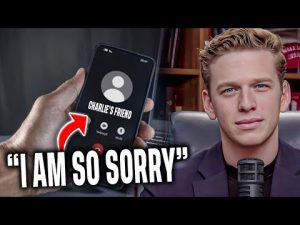The recent subpoena drama involving former Obama-era officials has been a fascinating turn of events, and it highlights the tangled web of political intrigue that seems to have gripped Washington, D.C., tighter than any spy thriller could. A federal grand jury has summoned former CIA Director John Brennan, and former FBI bigwigs Peter Strzok and Lisa Page. This all ties back to the murky waters of the Trump-Russia investigation, an event that many remember as an elaborate tale cooked up with not nearly enough evidence to support the multi-year inquisition.
Jim Jordan, a Republican congressman, previously issued a criminal referral to the Department of Justice, accusing these characters of making false statements about the Trump-Russia probe. The juicy details remain under wraps, but the subpoenas mean that these former officials will now be grilled by the grand jury. Everyone is wondering whether there will be more subpoenas on the horizon, given the potential for even more revelations to bubble to the surface. Hold onto your popcorn, folks; this show isn’t over yet.
Now, let’s jog our memories of the infamous text messages between Peter Strzok and Lisa Page. The two were colleagues with a penchant for texting each other about stopping Trump from becoming president. It’s the stuff of tabloids, really. A pair of “love birds” plotting political extravaganzas on company time. The investigation they were part of, known as Crossfire Hurricane, has been widely discredited, yet it left a significant impact on the political landscape, fueling the notion of a “deep state” working in the shadows against the American people’s choice.
These subpoenas, however, are not indictments, and let’s keep that in check. It means there’ll be questions to answer and more details to emerge before anyone starts dreaming of courtroom drama. Despite this, the unfolding situation continues to expose the fragile trust between the nation’s intelligence apparatus and the American people, still reeling from years of trust erosion caused by such politically motivated probes.
Lastly, shifting gears to something more uplifting, Supreme Court Justices Brett Kavanaugh and Amy Coney Barrett meeting with conservative law students is a refreshing move. In these times, it’s almost a public service to remind these young minds that sticking to principles is crucial, even in liberal-dominated campuses. It seems odd, doesn’t it, that law students need reminding of the importance of free thought in their studies? The subtle irony here is classic: future lawyers needing a pep talk about free speech—almost as amusing as a library having a “quiet” section. Diversity of thought could very well be the antidote to the one-sided narratives that have plagued collegiate institutions for far too long.







